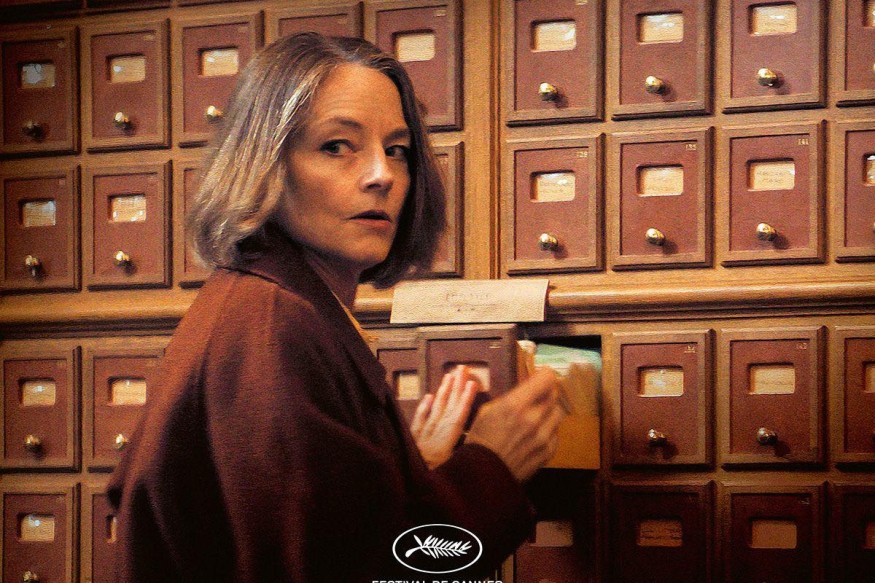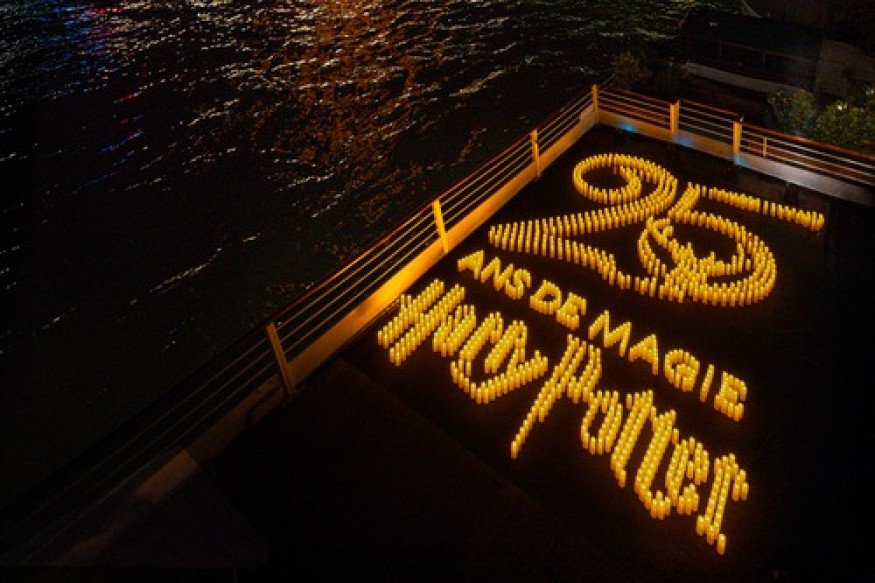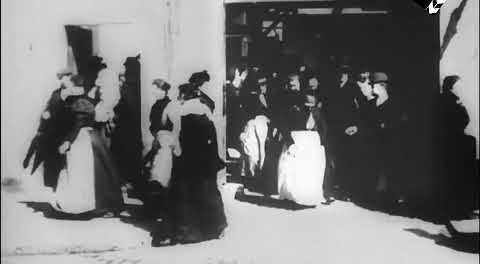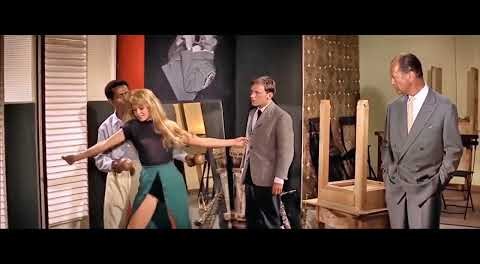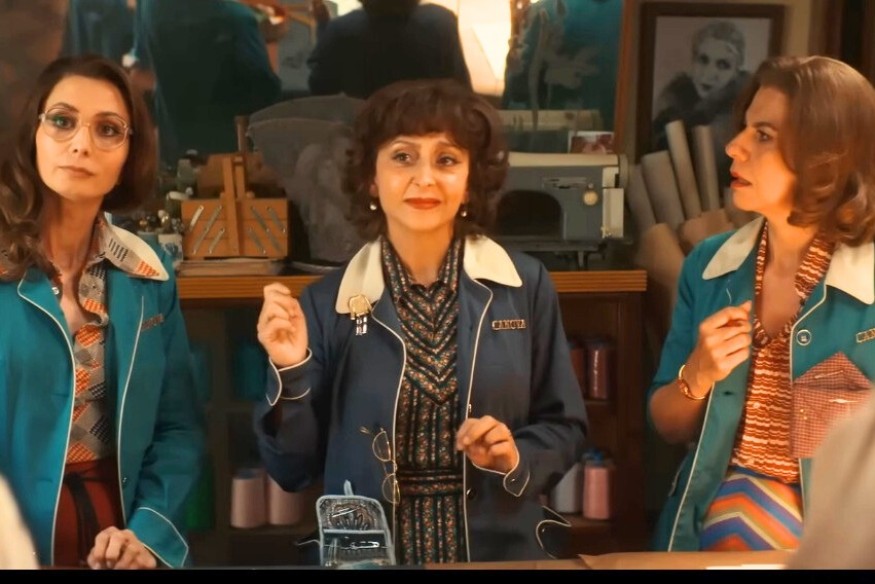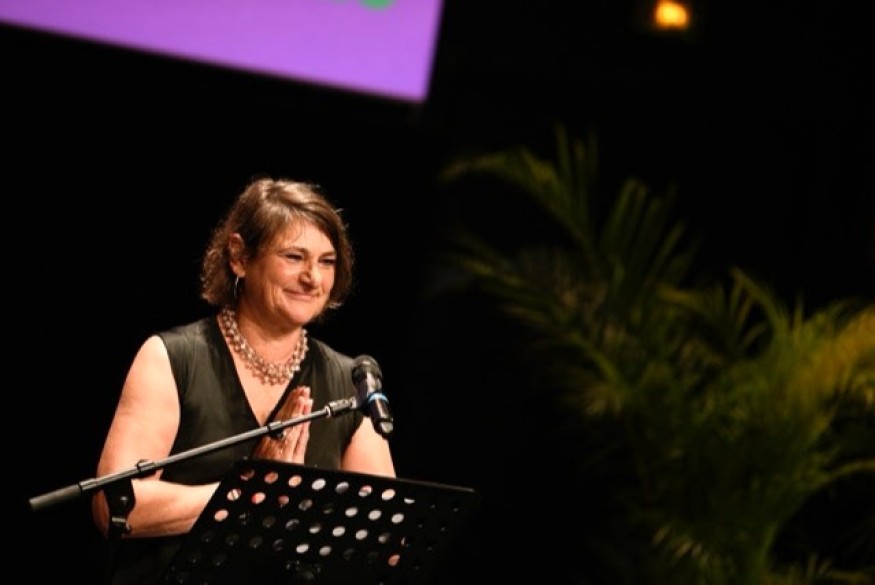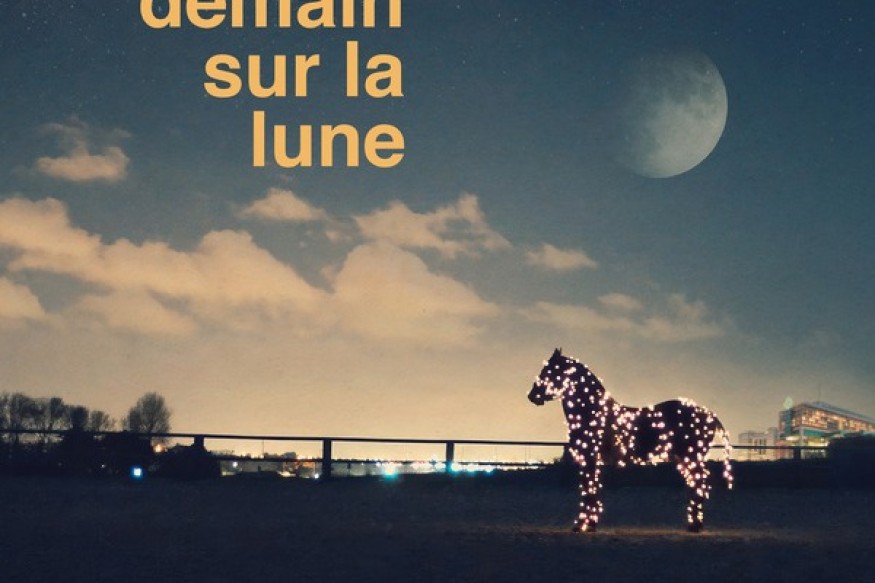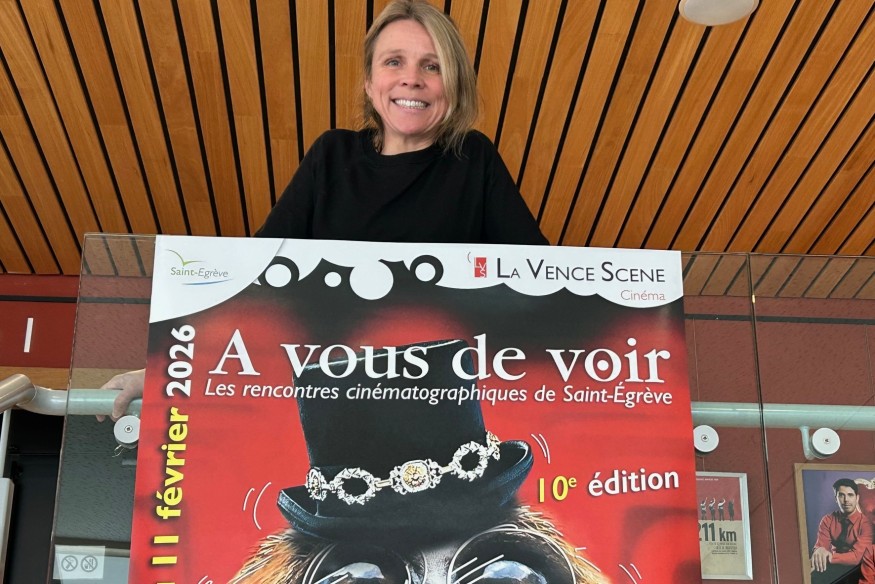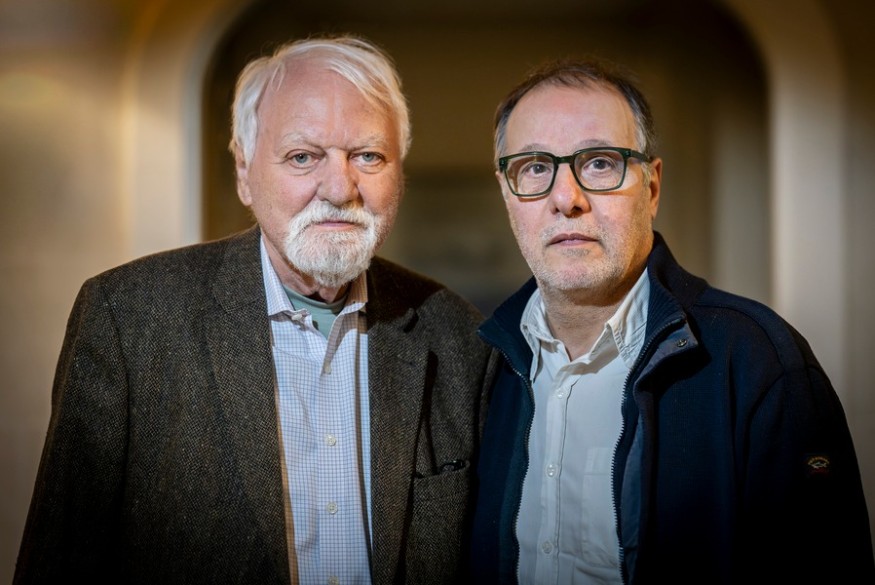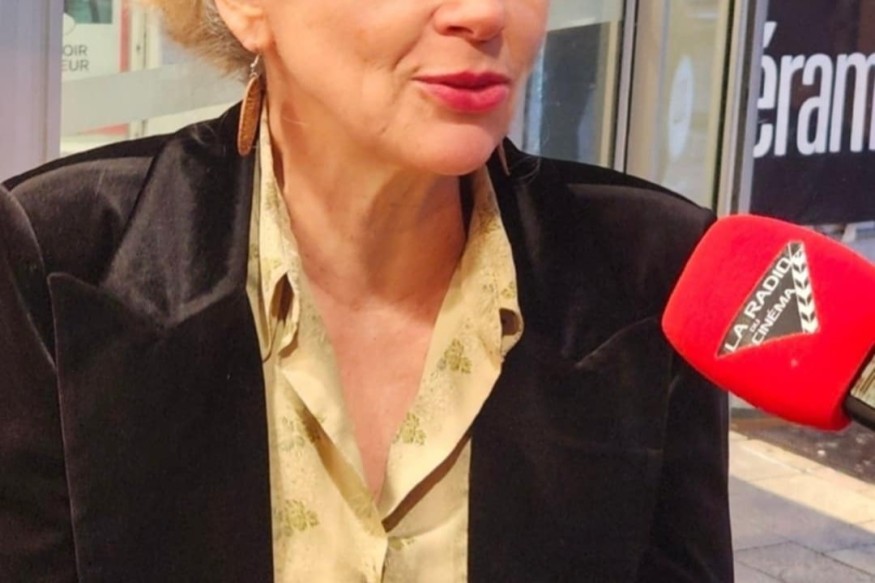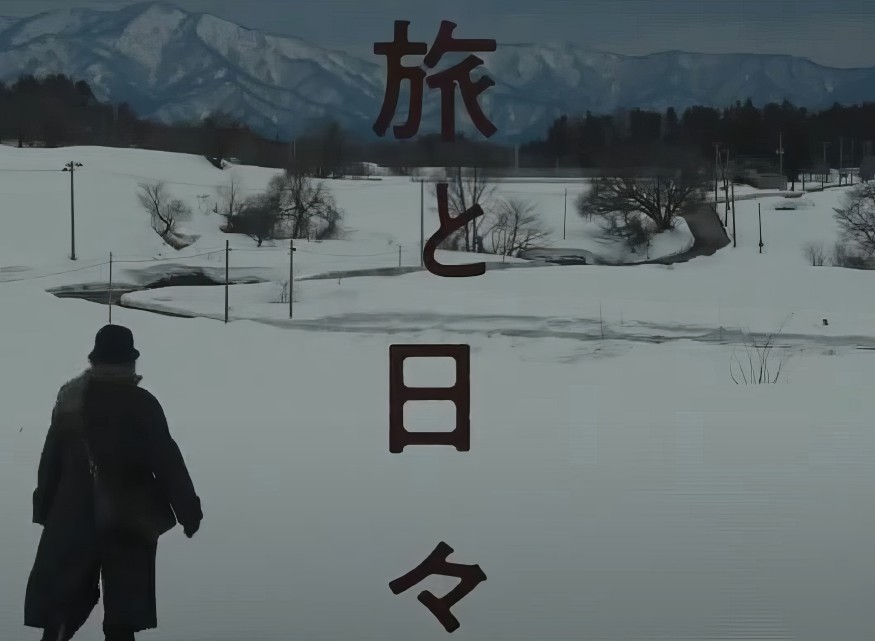
20 août 2025
EN
The 78th Locarno Film Festival brought together 224 films, an eclectic mix that embraced both mainstream and indie cinema, seriousness and humor, classicism and daring innovation. At the heart of it all, the Golden Leopard was awarded to Two Seasons, Two Strangers by Japanese filmmaker Shō Miyake, a delicately balanced drama that intertwines stories of connection, imagination, and the fleeting nature of human relationships.
Miyake’s win confirms Locarno’s reputation as the festival that dares to reward subtle, formally inventive storytelling. After earning acclaim with Small, Slow But Steady (2022), the Japanese director has returned with a film that is at once quietly poetic and profoundly human. Adapted from manga illustrator Yoshiharu Tsuge’s stories, Two Seasons, Two Strangers performs a series of balancing acts — summer and winter, light and darkness, intimacy and solitude.
The film begins with Li (Shim Eun-kyung), a Korean writer living in Japan, struggling to bridge the gap between imagination and language. Her inner thoughts drift in Korean, even as she writes in Japanese, creating a tension that feeds directly into the first tale she invents: the seaside encounter between Nagisa (Yuumi Kawai) and Natsuo (Mansaku Takada). Shot with elemental fluidity by cinematographer Yuta Tsukinaga, their rain-soaked swim and fleeting friendship carry the bittersweet blue tones of a memory dissolving as it’s lived.
Miyake highlights the artifice of storytelling by showing this first act to an on-screen audience, even letting one character dismiss it — “Honestly, I didn’t get it.” Yet, as the film shifts to Li’s own journey, naturalism takes over. A snowy village, an inn run by the gruff Benzo (Shinichi Tsutsumi), and a delicate interplay between warmth and cold, reality and imagination, bring a deeper emotional resonance. Production designer Masato Nunobe fills the wooden interiors with surprising warmth, while Hi’Spec’s lyrical score underscores the melancholy beneath.
Beyond its narrative elegance, Two Seasons, Two Strangers reflects Miyake’s fascination with impermanence, emotional travel, and the fragility of connection. The film’s recurring motifs — photographs, flurries of snow, steaming bowls of noodles — become metaphors for moments we can never fully hold, but which nonetheless shape us.
As Locarno’s jury, led by Cambodian filmmaker Rithy Panh, recognized, Miyake’s film is not only an artistic triumph but also a deeply moving meditation on what it means to write, to love, and to change.
Awards – Locarno 2025 Highlights
International Competition
-
Golden Leopard: Two Seasons, Two Strangers – Shō Miyake
-
Special Jury Prize: White Snail – Elsa Kremser & Levin Peter
-
Best Director: Tales of the Wounded Land – Abbas Fahdel
-
Best Performance: Manuela Martelli & Ana Marija Veselčić (God Will Not Help); Marya Imbro & Mikhail Senkov (White Snail)
-
Special Mention: Dry Leaf – Alexandre Koberidze
Filmmakers of the Present
-
Golden Leopard: Hair, Paper, Water… – Nicolas Graux & Trương Minh Quý
-
Best Emerging Director: Cecilia Kang (Hijo Mayor)
-
Ciné+ Jury Prize: Sweetheart – Margherita Spampinato
-
Best Performance: Aurora Quattrocchi (Sweetheart), Levan Gelbakhiani (Don’t Let the Sun)
Pardi di Domani
-
Golden Pardino – International: Hyena – Altay Ulan Yang
-
Silver Pardino – International: Still Playing – Mohamed Mesbah
-
Golden Pardino – Swiss: Rio Remains Beautiful – Felipe Casanova
-
Silver Pardino – Swiss: Tusen Toner – Francesco Poloni
-
Best Directing Award: Primera Enseñanza – Aria Sánchez & Marina Meira
Other Awards
-
Swatch First Feature: Blue Heron – Sophy Romvari
-
Pardo Verde: Mare’s Nest – Ben Rivers
-
Europa Cinemas Label: With Hasan in Gaza – Kamal Aljafari
-
UBS Audience Award (Piazza Grande): Rosemead – Eric Lin
Honorary Awards
-
Leopard of Honor: Alexander Payne
-
Leopard alla Carriera: Jackie Chan
-
Lifetime Achievement Award: Lucy Liu
-
Leopard Club Award: Emma Thompson
-
Excellence Award Davide Campari: Golshifteh Farahani_______________________________________________________________________________________
-
FR
Le Festival de Locarno a, cette année encore, confirmé son rôle unique : un lieu où se croisent cinéma indépendant et propositions grand public, gravité et humour, tradition et audace. Sa 78ᵉ édition, forte de 224 films, a consacré le cinéaste japonais Shō Miyake, dont Two Seasons, Two Strangers a remporté le prestigieux Léopard d’or.
Avec ce nouveau film, Miyake poursuit l’exploration délicate entamée dans Small, Slow But Steady (2022), en livrant une œuvre à la fois poétique et introspective. Inspiré de récits du mangaka Yoshiharu Tsuge, Two Seasons, Two Strangers joue des contrastes – été/hiver, lumière/ombre, chaleur/froid – pour révéler la fragilité des liens humains.
Le récit s’ouvre avec Li (Shim Eun-kyung), autrice coréenne installée au Japon, qui peine à accorder son imagination et la langue dans laquelle elle écrit. Ses pensées flottent en coréen tandis qu’elle rédige en japonais, tension fertile qui nourrit l’histoire qu’elle invente : une rencontre brève et lumineuse entre Nagisa (Yuumi Kawai) et Natsuo (Mansaku Takada), sur une plage. La caméra de Yuta Tsukinaga saisit leurs corps dans la pluie battante, la mer en toile de fond, pour un moment suspendu aux nuances de bleu.
Miyake souligne le caractère artificiel de cette première partie, avant de bifurquer vers une veine plus naturaliste : Li se retrouve dans un village enneigé, hébergée par Benzo (Shinichi Tsutsumi), aubergiste bourru mais mystérieusement accueillant. Ici encore, les contrastes dominent : froid glacial et chaleur du bois, solitude et complicité, mélancolie et douceur. La musique de Hi’Spec ajoute à cette atmosphère de délicatesse et de retenue.
Plus qu’un simple récit, Two Seasons, Two Strangers est une méditation sur l’acte créatif, le passage du temps et la beauté éphémère des rencontres. C’est cette profondeur que le jury présidé par Rithy Panh a voulu récompenser, en inscrivant Miyake dans la lignée des grands auteurs révélés à Locarno.
-------------------
IT
Il Festival di Locarno conferma ancora una volta la sua vocazione: un crocevia tra cinema indipendente e produzioni mainstream, tra serietà e leggerezza, tra tradizione e innovazione. La sua 78ª edizione, con 224 film presentati, ha incoronato il regista giapponese Shō Miyake, vincitore del Pardo d’Oro con Two Seasons, Two Strangers.
Dopo aver conquistato pubblico e critica con Small, Slow But Steady (2022), Miyake ritorna a Locarno con un’opera poetica e riflessiva, capace di fondere delicatezza e profondità. Tratto da racconti del mangaka Yoshiharu Tsuge, Two Seasons, Two Strangers alterna opposti – estate/inverno, luce/buio, calore/freddo – per esplorare la fragilità dei rapporti umani.
La protagonista Li (Shim Eun-kyung), scrittrice coreana che vive in Giappone, lotta per trovare le parole giuste per dare forma alla propria immaginazione. Le sue riflessioni scorrono in coreano, ma sulla pagina compaiono in giapponese: da questa tensione nasce il primo racconto, l’incontro fugace tra Nagisa (Yuumi Kawai) e Natsuo (Mansaku Takada) su una spiaggia. La fotografia di Yuta Tsukinaga cattura i due giovani sotto la pioggia battente, trasformando il blu in colore dominante e in simbolo di malinconia.
Nella seconda parte, Miyake sposta la storia verso il naturalismo: Li trova rifugio in un villaggio innevato, dove incontra l’oste Benzo (Shinichi Tsutsumi). Tra il gelo dell’inverno e il calore degli interni in legno, la vita sembra sospesa. La musica di Hi’Spec e la scenografia di Masato Nunobe rafforzano la poesia silenziosa del racconto.
Con Two Seasons, Two Strangers, Miyake riflette sull’arte del narrare e sul potere delle immagini di custodire emozioni effimere. Un’opera che ha convinto il presidente di giuria Rithy Panh e i suoi colleghi, e che segna un nuovo capitolo nella storia di Locarno.
